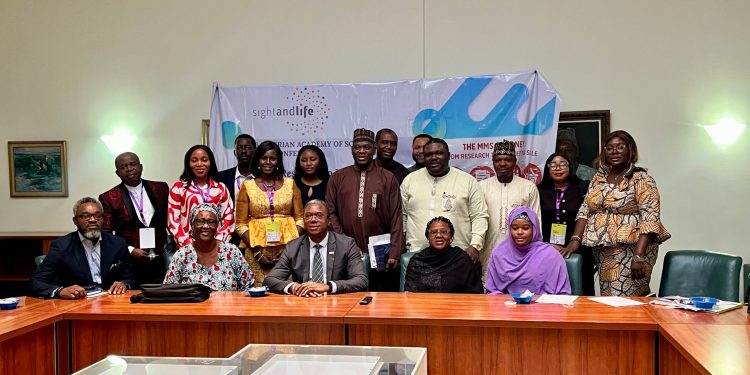Bill to Specify Conditions for Indegenship Sponsored by Deputy Speaker Kalu and Other Members Passes Second Reading

The House of Representatives has advanced a bill aimed at redefining indigene status in Nigeria. It was sponsored by Deputy Speaker Benjamin Okezie Kalu and six other parliamentarians.
It seeks to make eligibility not strictly based on bloodline, instead recognizing individuals in terms of birth, continuous residency, and marriage.
The which has passed second reading is a significant milestone towards making the nation more inclusive.
Under the provisions of the bill, a person born in a state and who has continuously lived there for a period of 10 years will automatically be declared an indigene, regardless of the place of origin of their parents.
Any person who has legally stayed in a state for 10 years or more would also be qualified for indigene status, which would provide them with access to government benefits like employment, scholarships, and political involvement.
The bill also creates a marriage-based indigene status and proposes that a woman married to an indigene for five years or more should be given indigene status in her husband’s state.
The purpose of this provision is to ensure full integration and equal treatment of spouses who relocate to other states.
Its proponents aver it will foster national integration and reduce ethnicity- and region-based prejudices. They believe long-staying residents and spouses ought to be treated as indigenes as a means of forging a peaceful society where the state exercises fairness in policymaking.
However, critics have been worried about resource allocation and political representation, wondering how such a shift will affect state quotas on work, education, and governance.
There are legislators who have called for further explanations of the implementation of the bill to ensure that they do not disturb existing structures.
With the bill still under debate, lawmakers and stakeholders are likely to take into account its far-reaching implications. Were it to be signed into law, the bill would be a historic landmark in Nigeria’s justice system, ensuring that all its citizens regardless of where they are from receive equal acknowledgment in the states they live in.







